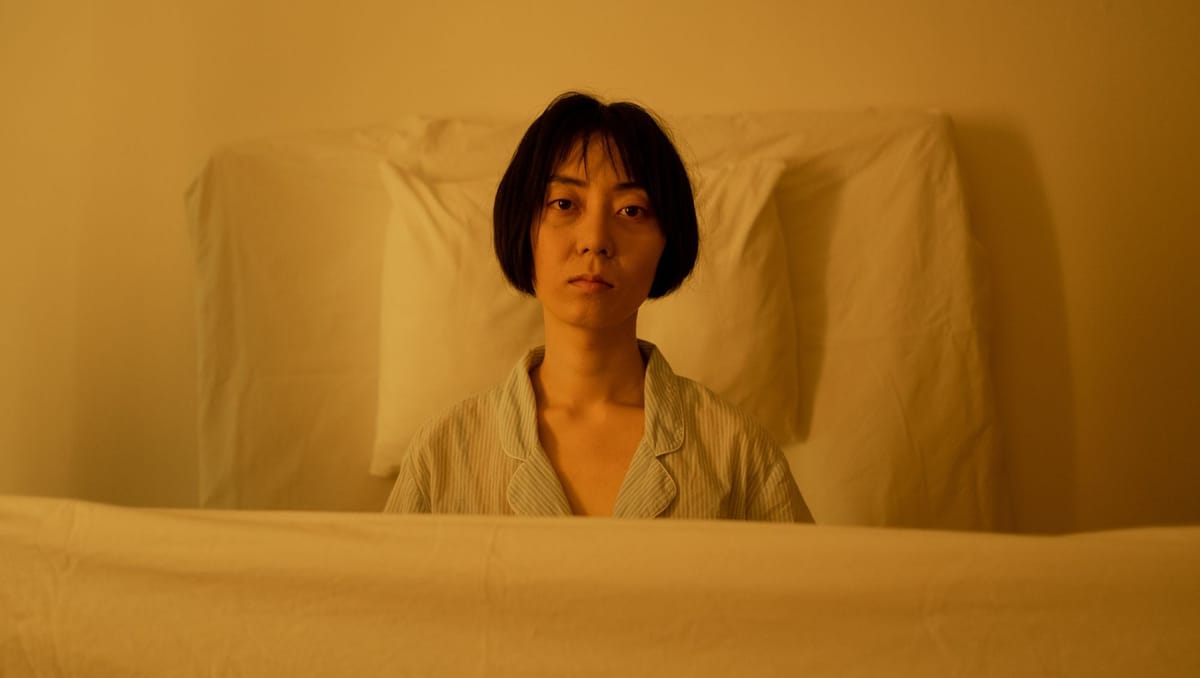Negative Effects of Sleep Deprivation in Caregivers Can Be Reversed in 30 Minutes
Caregiver statistics show that sleep deprivation is rampant among caregivers. Learn about the negative effects and good news on the horizon for those who are exhausted at the end of the day. A new study shows that a 30-minute nap can decrease stress and improve the immune system.

Sleep deprivation in caregivers is rampant. There is good news on the horizon. A 30 minute nap is beneficial to your health!
We have all heard of the negative effects of sleep deprivation in caregivers : forgetfulness, lowered alertness,premature aging, decrease creativity, lower immune system, increased risk of stroke, diabetes, unwanted weight gain and increased possibility for a heart attack.
Caregiver statistics show caregivers are often exhausted at the end of the day. Many find that they are still unable to sleep. “Varying studies have documented that approximately 70% of caregivers for people with dementia report sleep problems, 60% report sleeping less than 7 hours, and 10-20% use alcohol to go to sleep and/or sleep medication. In data collected by the California Caregiver Resource Centers, 41% of caregivers said they are awakened during the night by the care receiver. ”
According to the National Sleep Foundation an average adult requires 7 to 8 hours of quality sleep a night. To those providing care for someone at home that is up and down all night, this is not a laughing matter. If fact, sleep deprivation affects a person’s sense of humor. There has been a strong correlation between the hours a caregiver sleeps and their level of depression.
There is some good news on the horizon. According to a new study published in the Endocrine Society’s Journal of Clinical Endocrinology & Metabolism (JCEM), a 30 minute nap can actually decrease stress and improve the immune system.
The Benefits of a Nap
It has long been know that a short nap can improve alertness, but the effects of a nap on the endocrine system and immune system was never studied.
The results found that changes in hormone levels were actually normalized when a person was permitted to nap, after a night of only 2 hours sleep. This is good news for the millions of caregivers that are sleep deprived.
A nap should no longer be viewed as a guilty pleasure. It should be incorporated into your self care program everyday.
Our Resources section can help you find the information and tools that you need. We have courses, videos, checklists, guidebooks, cheat sheets, how-to guides and more.
You can get started by clicking on the link below. We know that taking care of a loved one is hard work, but with our help you can get the support that you need.
Click here to go to Resources Section now!
Sources:
Selected Caregiver Statistics Family Caregiver Association
Journal Reference:
Brice Faraut, Samir Nakib, Catherine Drogou, Maxime Elbaz, Fabien Sauvet, Jean-Pascal De Bandt, Damien Léger. Napping Reverses the Salivary Interleukin-6 and Urinary Norepinephrine Changes Induced by Sleep Restriction. The Journal of Clinical Endocrinology & Metabolism, 2015; jc.2014-2566 DOI: 10.1210/jc.2014-2566
You might also like this article:









